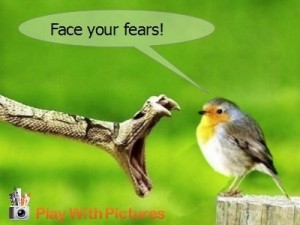Creative discipline – that’s an oxymoron for every writer! Creativity conjures images of free flowing thoughts; unfettered imagination spilling effortlessly onto pages and pages. The brilliance of remembered grade school grammar coupled with the adult’s ability to focus childhood imagination – that is every writer’s ability. Turn the tap on when you need it. Shut it off when life interferes. Always the stories will get written.
Or so my family and friends think.
Creativity requires time, space and yes, discipline. My writing got its kick start when I went back to university in my thirties for a degree in Food Science. That coupled with the first degree in English, I can spot an error in any recipe or food safety plan for slaughtering chickens! But, it was those nasty chemistry classes with all their formulas, all those reactions, which gave me the big Aha! and allowed me to write.
Observe. Note. Analyse. Explain. For every action, there is an equal and opposite reaction. Isn’t that what most articles on writing ask us to do? What is the character’s reaction to a given situation or action? If they act, what is everyone else’s reaction? What is the character’s ensuing reaction? Like in chemistry class, writers ask the question, What happens when I mix this with that? Explosions? That’s a good thing. A fizzle? Need better chemistry.
What if? is the magical question that blows worlds apart, creating compelling scenarios, challenging protagonists and readers to explore beyond their comfort zones. What if I as a writer don’t answer the phone or check emails regularly? What if I ignore the house work? Put off the laundry? Make a quick something instead of a feast for dinner? Just as for my protagonist, What If? also throws me out of my comfort zone. Yet, I’ve discovered that when I play by What If’s rules, I don’t starve. The laundry eventually gets done. People rarely need an immediate response. And, most importantly, my characters and worlds flourish because my discipline affords them the time to.
So yes, I’ve discovered that creativity needs discipline to flourish. Disciplined blocks of time and discipline to brainstorm What If? Turn the creative tap on and let it stay on. Otherwise, thoughts get lost, diluted or stale. Thoughts need discipline to be created and to appear on the page.
Now when you’re revising or editing, that’s a different discipline and a different blog!
Just remember, we write because words are our air, the page our playground, and our imagination feeds our spirit.


